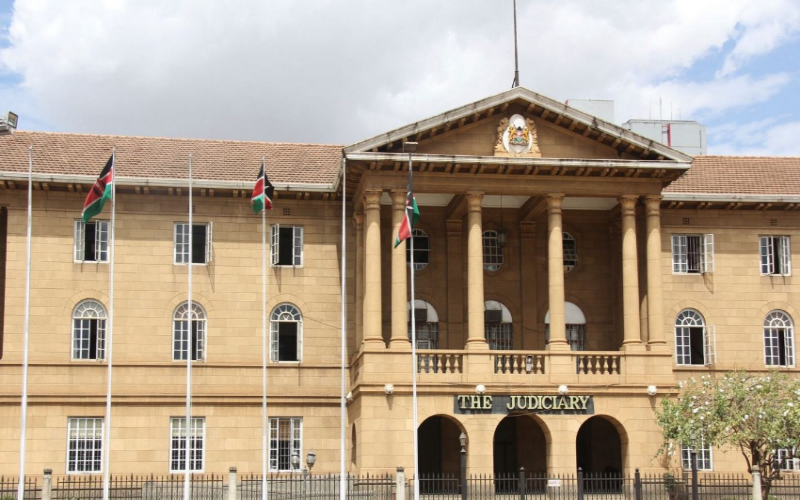
The High Court on Monday, June 13 declared the Independent Electoral and Boundaries Commission(IEBC) requirement to political parties to comply with the two-thirds principle unconstitutional.
In a ruling delivered by Justice Anthony Mrima, the electoral body was at fault for issuing the notice without conducting public participation rendering the requirement in contravention of the constitution and hence illegal.
Mrima noted that IEBC was in violation of Articles 27, 38, and 91 of the constitution that discriminates the plight of the political parties.
This was after a section of political parties moved to court challenging the requirement after some aspirants were forced to forfeit nomination certificates in compliance with the gender parity principle.
Others protested being asked to revise their nomination lists that failed to comply with the requirement and resubmit them within 48 hours lest they were locked out of the polls, which they found discriminatory.
“Do note that a revised list that does not comply with the two-thirds gender principle will be rejected in its totality and all candidates on the list cannot stand for election on 9 August 2022,"the directive signed by IEBC Chairperson Wafula Chebukati stated.
Justice Anthony Ndungu on May 11 issued a temporary order stopping the IEBC directive pending determination , much to the reprieve of the political parties which had been given till May 12 to implement the principle.
He found the directive oppressive and was persuaded that the applicant had made an arguable case and a stay order would be effective in the circumstance.
“Applying those principles to the instant matter, I am persuaded that the applicant has made out an arguable case and a stay would be efficacious in the circumstances. I accordingly grant stay in terms of prayer 3” he ruled.
“It is directed that the substantive motion be taken out and served within the next 3 days and be served together with submissions in support. Responses must be filed within 3 days of services to be filed contemporaneously with submissions by the respondent” he added.
By Fridah Wangechi | 1 year ago
By Fridah Wangechi | 1 year ago
By Fridah Wangechi | 1 year ago
By Fridah Wangechi | 1 year ago